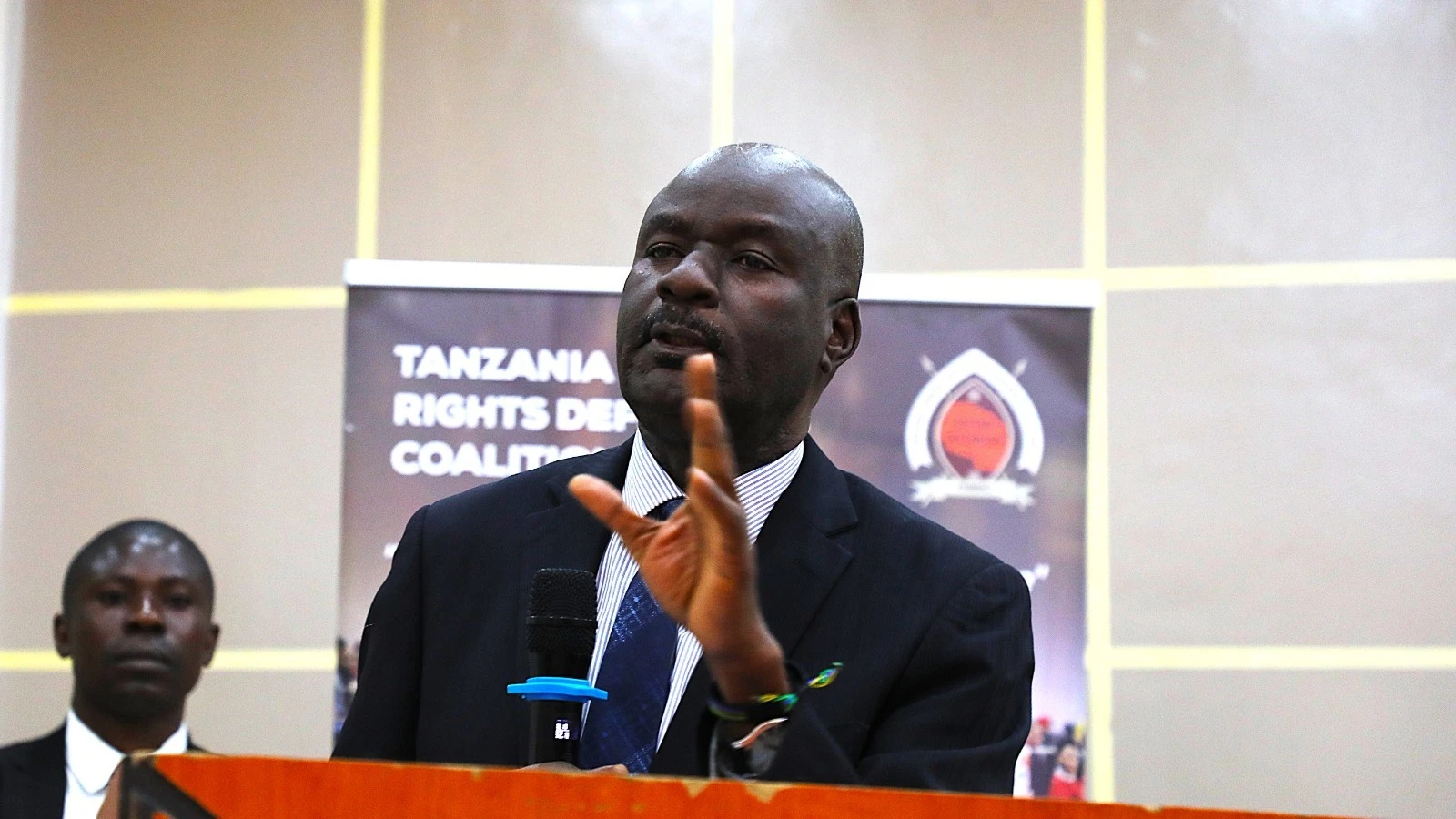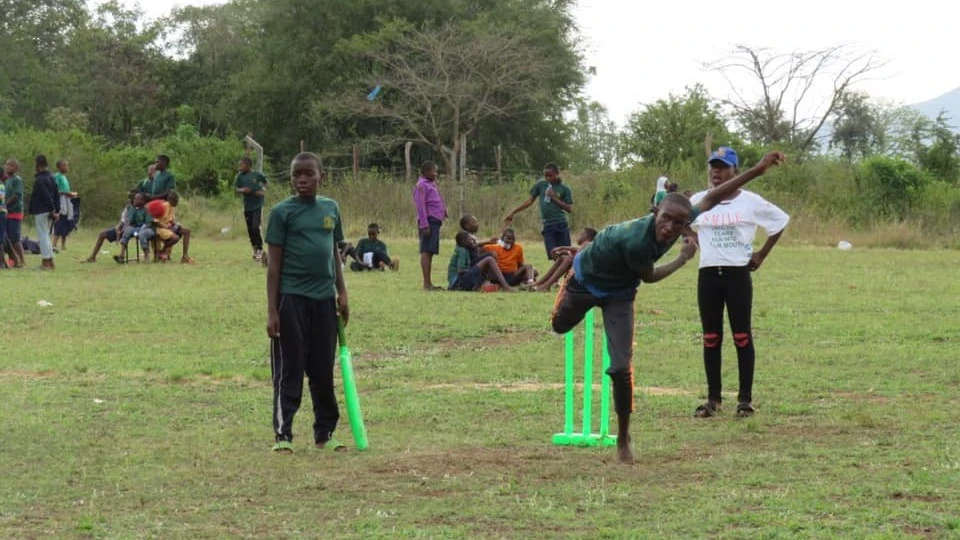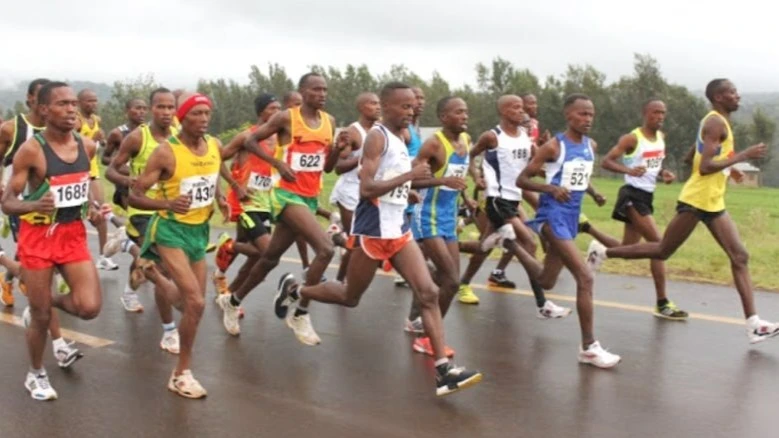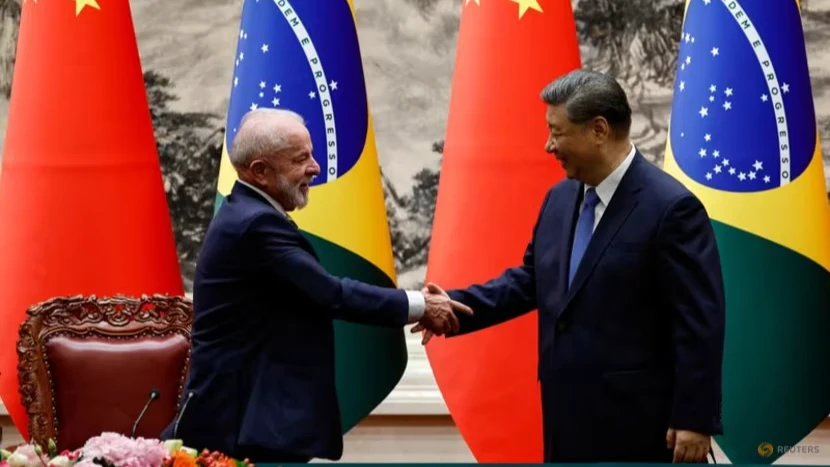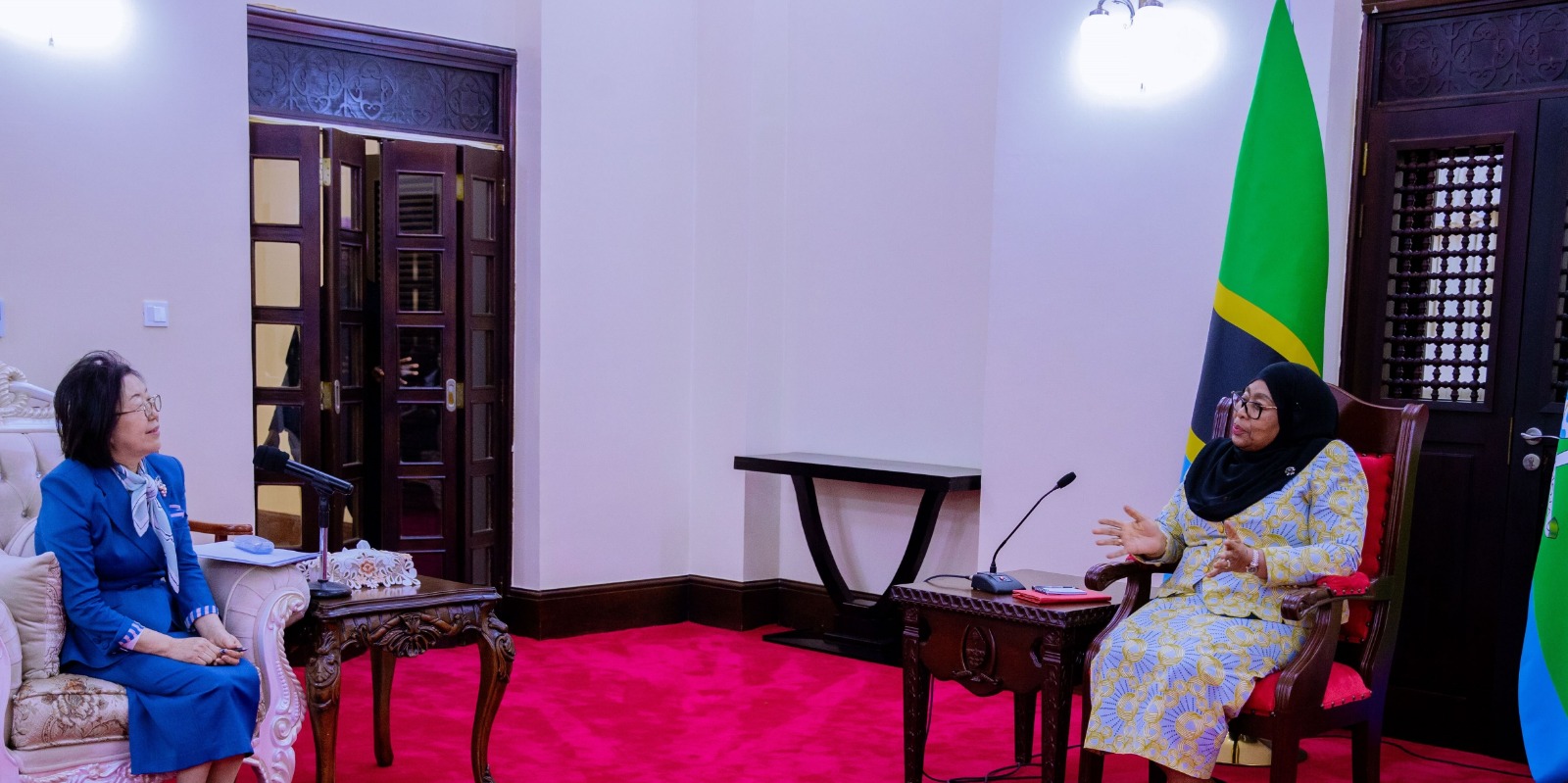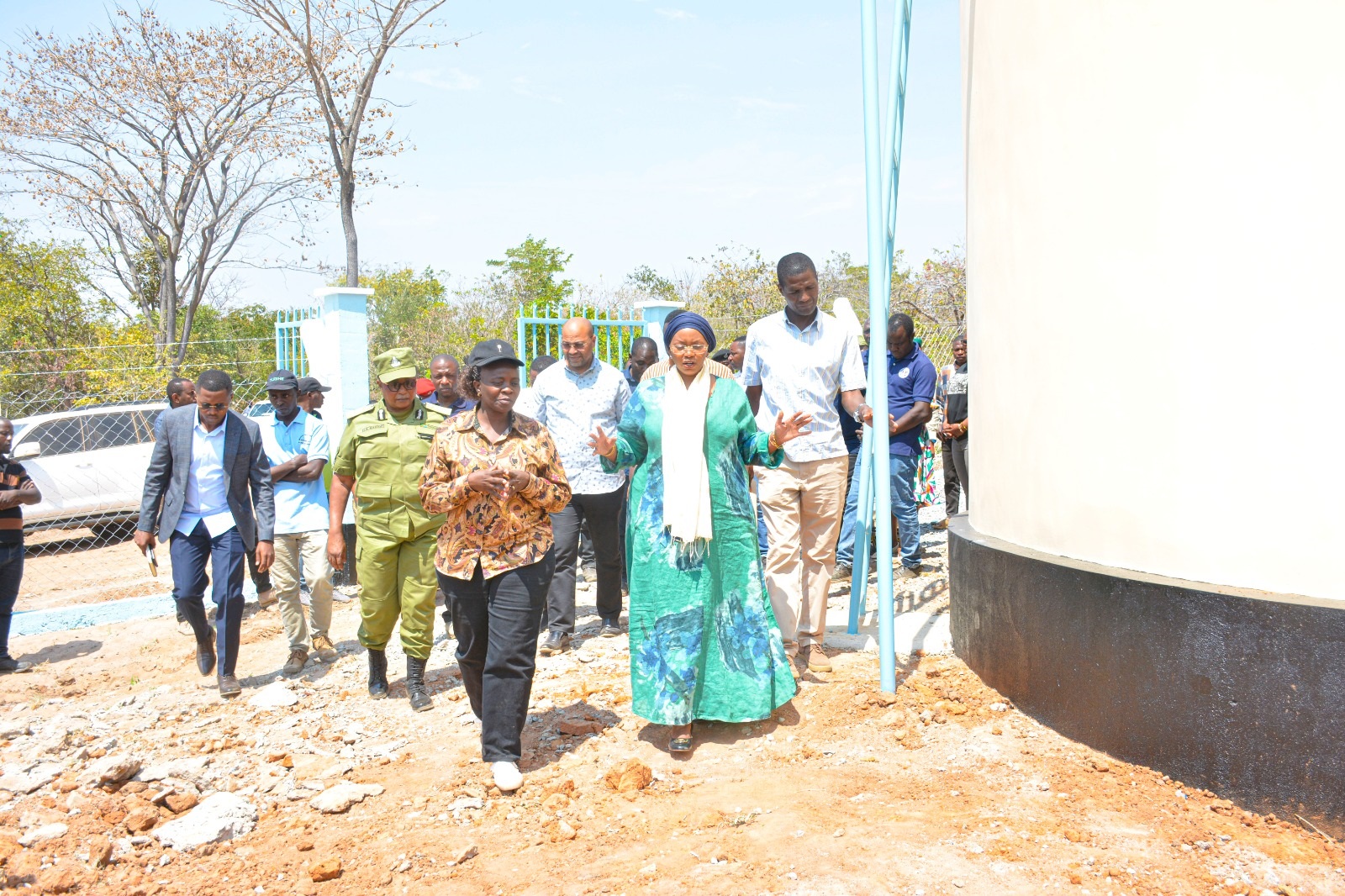CJ: Lawyers may submit judicial reform proposals
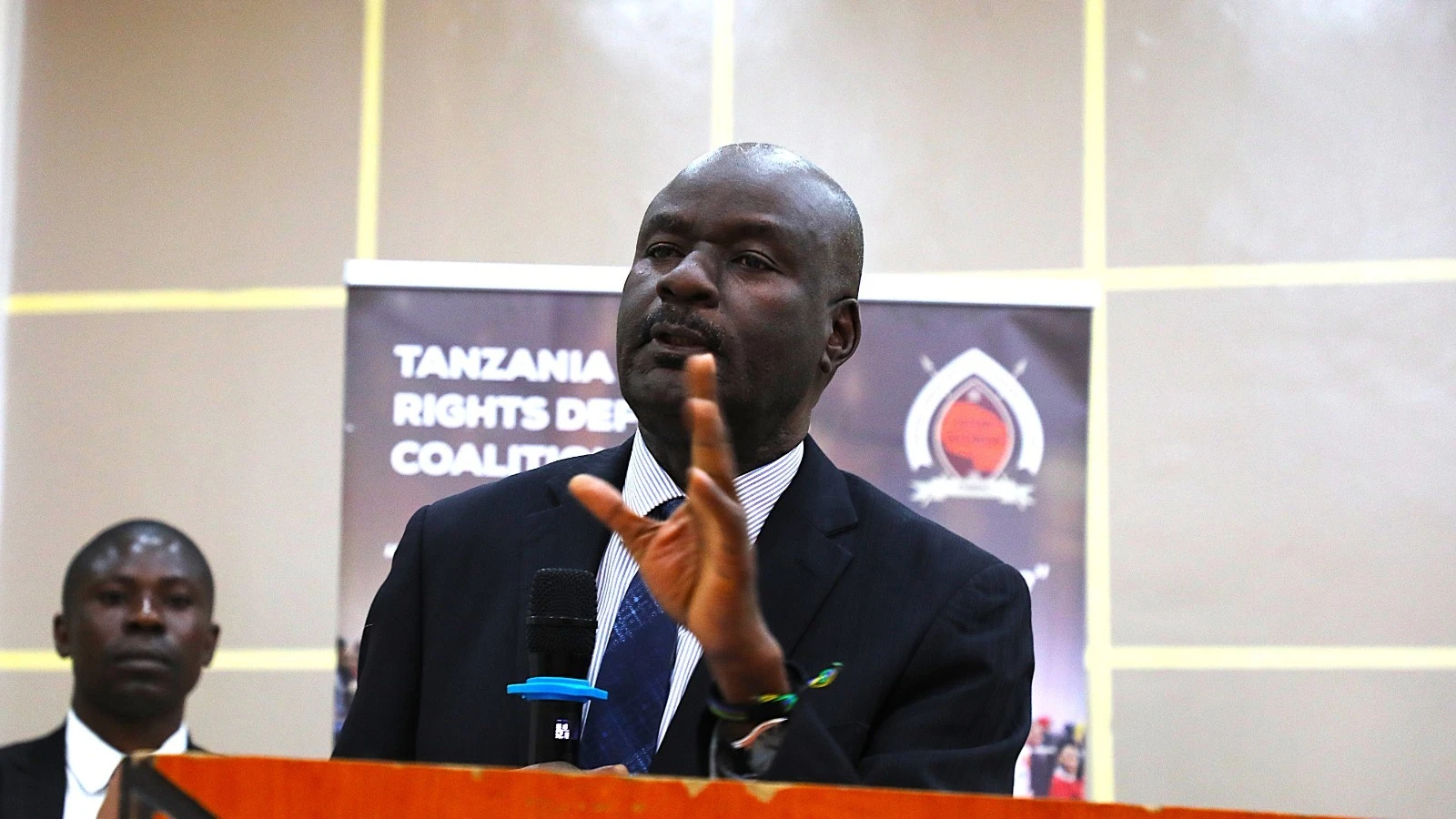
CHIEF Justice George Masaju has called on the Tanganyika Law Society (TLS) to formally submit its proposals for judicial reforms, pledging that his office will give them due weight as part of wider efforts to enhance justice delivery.
Addressing members of the TLS governing council here yesterday, he acknowledged the value of TLS contributions, encouraging them to compile and present additional recommendations in writing for thorough review.
“We appreciate the Tanganyika Law Society’s commitment to its mandate, as outlined in Section 4 of the TLS Act. We welcome its input and urge it to submit any outstanding matters formally so they can be addressed collectively,” he stated.
He further invited TLS to actively participate in shaping the Judiciary’s strategic implementation plan in support of Vision 2050, particularly in areas related to access to justice and legal innovation.
He similarly announced that the judiciary had successfully released all remanded suspects facing charges in primary courts who were still being remanded despite being qualified for bail.
Following a 10th July visit to Isanga Prison in the capital, the CJ directed magistrates nationwide to release all such individuals, citing the absence of legal justification for interminable detention.
“All criminal offences under the jurisdiction of primary courts are bailable. Parliament never intended for these suspects to remain in remand custody indefinitely,” he said, pointing out that the law even allows for self-bail in some cases.
As of 17th July there were 1,411 such detainees but by 10th August there were few or none remaining in custody, he said, underlining that this marks a significant step forward for the judiciary and the rule of law.
It also enhances public confidence in the justice system, he said, urging TLS to maintain partnership with the judiciary to promote legal access and equity. “Let us not be a source of provocation. Instead, we must work together to ensure justice for all Tanzanians,” he said in appeal.
Boniface Mwabukusi, the TLS president, welcomed the judiciary’s openness to collaboration, commending recent improvements in ICT integration, streamlining case management and legal procedures.
He outlined key TLS proposals to strengthen the justice system, including setting up a Supreme Court, appointing resident Appeal Court judges in each zone, deploying a duty judge in every High Court station to handle “daily emergency cases involving fundamental rights”
He also urged cooperation between the judiciary and TLS to offer specialised training for journalists, enabling more accurate and ethical reporting on court proceedings, explaining that effective reporting enhances public understanding and accountability. “We propose joint training initiatives to build journalists’ capacity,” he stressed.
He also raised concern over conflicting rulings from higher courts on similar issues, creating legal uncertainty and hindering daily practice for advocates. “Such inconsistencies make it difficult to determine which precedent to follow. We call for consistent interpretation of the law and renewed commitment to justice, fairness and human dignity,” he added.
Top Headlines
© 2025 IPPMEDIA.COM. ALL RIGHTS RESERVED








